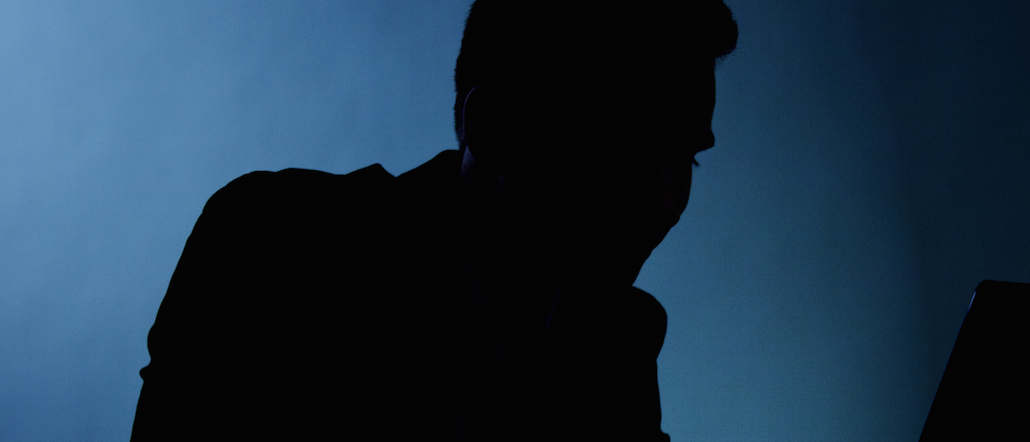Secure your place at the Digiday Publishing Summit in Vail, March 23-25
Confessions of a copywriter: ‘People get promoted for agreeing with the boss’

This article is part of our Confessions series, in which we trade anonymity for candor to get an unvarnished look at the people, processes and problems inside the industry. More from the series →
Along with the rise in social media roles has come a devaluation of the once-revered copywriter. In this edition of Confessions, we talk to an anonymous senior copywriter at a small agency with over a decade of experience about his role, what’s changed — and why it seems everyone is just copying each other now.
What is the biggest problem at agencies right now?
One thing I see at my small agency is that we’re run by people who don’t have a strategy for the company as a whole. The conference they’ve most recently attended becomes the thing du jour.
Like, a few months ago, they went to a conference where they talked about personality tests. So, we all did these personality tests. For two weeks it was a big deal. That’s gone by the wayside now. What happens is we just look at other people to steer us. Instead of saying who are we, what do we do well, we just look at other places.
Small agencies often tout their size as a benefit.
We’re a small agency and we do say “big guys can’t do things fast.” It’s not true. It’s arbitrary. Your size doesn’t dictate anything. Even if you only have 20 people: If five of them are D-level, you can’t say you’re the best. Sure, you can say big guys can’t do things fast. But they have account teams dedicated to clients. They have resources. I’m a copywriter, and if I’m out one day, no words are written. It’s hard for me to believe that our size is the thing that makes us special.
How does it work with clients?
Agencies recommend things for clients that we don’t do ourselves. We’ll make it imperative that a client should have a blog. But we barely have a blog — we don’t make it a priority. Nobody reads it. It’s hard for us to recommend something that a client can believe in.
So are clients looking to you for that, though?
Clients want to be able to make decisions that make sense and are justifiable. If someone came to their boss and said, “I know you want to be on Facebook, but I’m going to go put it somewhere else,” that’s a lot harder to sell than “I’m going to put this money to targeted Facebook ads,” even though stats show it’s not effective. That’s because it’s easy to justify. So much of what we do is easy to justify. That may not be the most effective, but nobody is going to ever be fired for saying “I’m doing a Facebook ad.”
It’s true inside agencies too. People get promoted for agreeing with the boss and saying buzzwords and all the right things. Cynics and those who disagree don’t get promoted. I see people elevated at the agency now where those people never any dissension with the higher team. So it’s easy for them to get a seat at the table.
It feels like there is a disconnect between why people enter the industry and what they find when they get there.
For some of the people I work with, designers went to school for design. And unless you’re going to be an artist, your design work will be for an ad agency. For a writer, there are more avenues, but it’s like most people wanted to be in film and then settled for advertising. If you want to be in film, there is no next best thing. You can’t expect advertising or marketing to be a substitute for that. There is a general expectation in young creatives now, and I was like this too, that every agency produces commercials and has celebrity spokespeople on a Rolodex and they think clients will come in and hand you a million dollars all the time.
Then what happens?
Two weeks into a job you realize, the place barely does video and you’re limited to stock photography, and everything needs three levels of approval.
And there are long hours?
I don’t know, I’ve always been 9 to 5, I’ve never had nights and weekends. Which is great in one sense but I’m now a senior trying to jump. I’ve carved out comfort for myself for a while and I don’t have as much as you would like to show for it. I’m spending 40 hours a week doing stuff that will never make a dent because it’s designed to cater to a budget. I would gladly work 20 more hours a week if it meant I could work on a huge Super Bowl experience or a national spot. I would gladly trade my comfortable 40 hours of doing non-influential work in.
More in Marketing

Why Edward Jones’ agentic AI trial comes with limits
Edward Jones tests agentic AI to drive marketing productivity, taking a measured approach as it stops short of full automation.

Footwear brands navigate uncertainty after latest tariffs flip-flop
Some 99% of footwear sold in the U.S. today is imported, according to the Footwear Distributors and Retailers of America.

Brands at eTail Palm Springs share lessons on the ‘messy middle’ of building AI tools
Here’s a rundown of lessons brands have shared about their AI implementations so far.





